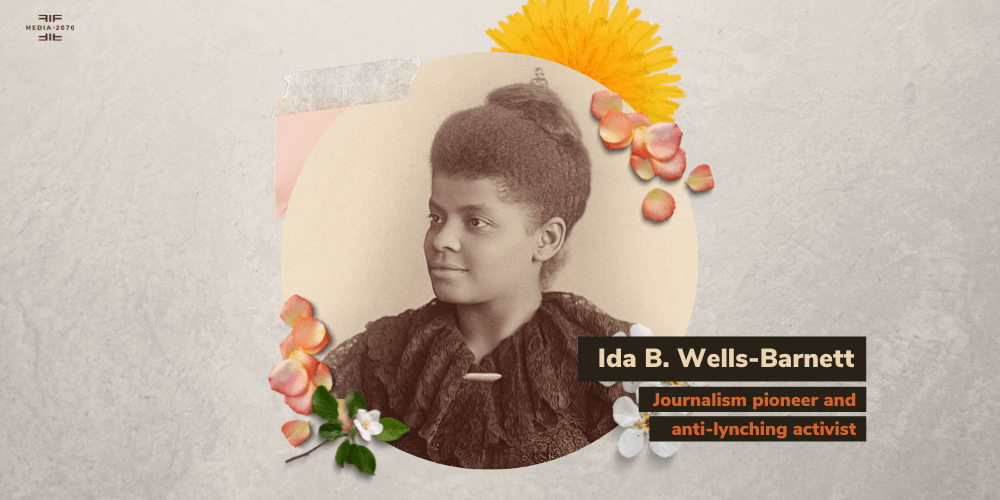The Legacy of Ida B. Wells

Today we celebrate the birthday of pioneering anti-lynching crusader Ida B. Wells, who challenged the media to tell Black truths and innovated practices that define the field of investigative journalism to this day.
Wells put her life on the line
Born into slavery, Wells became a trailblazing journalist who counted, investigated and reported lynchings in America when white-owned media refused to tell these stories. One of the founders of the NAACP, she destroyed the racist narrative that lynching victims were criminals. In work like Southern Horrors: Lynch Law in all its Phases, Wells brought to light the truth: that lynchings were often used as retaliation against Black people who had dared to start businesses, own property and build wealth. In 2020, she was posthumously awarded a special Pulitzer Prize citation for her “outstanding and courageous reporting on the horrific and vicious violence against African Americans during the era of lynching.”
Today — 159 years after Ida B. Wells’ birth — Free Press’ Media 2070 project is calling on newsrooms and media organizations to honor her legacy by continuing her fight for justice in the media system.
The cycle of anti-Blackness in the media
The anti-Black racism Wells fought has been part of our media system’s DNA since colonial times and continues today:
- Media organizations were complicit in the slave trade and profited off of chattel slavery
- Racist journalism led to countless lynchings
- Southern broadcast stations aired vociferous opposition to integration
- In the 21st century, many media organizations continue to prop up police and spread harmful narratives about Black people who have been murdered by cops
We need newsrooms to care for Black communities, to stop parroting police narratives about Black people and to actively trust and support Black journalists.
For decades, courageous Black media owners as well as journalists like Ida B. Wells have had to risk their lives to simply tell the full truth. In 1892, while she was away traveling, a white mob destroyed the office of Wells’ newspaper in Memphis — and threatened to kill her if she returned home. The attack came after she wrote — following the lynching of three Black men in Memphis — that Black men were often lynched for consensual relationships with white women.
Black journalists remain under threat today: In 2020, it emerged that police were spying on Black reporters like Wendi C. Thomas, who covers law enforcement in the very same city.
It’s time for the cycle of anti-Blackness to end. Black journalists deserve abundant resources and support, and Black communities deserve news and information that doesn’t reinforce dangerous stereotypes and myths. Tell newsrooms across the country to pledge to dismantle anti-Blackness in the media and care for Black communities and journalists.
Some newsrooms have already committed to dismantling anti-Blackness, but many have not. That’s why we’re calling on all media outlets and journalists to gather courage from Ida B. Wells and do this work for the future of our communities and the future of journalism alike.